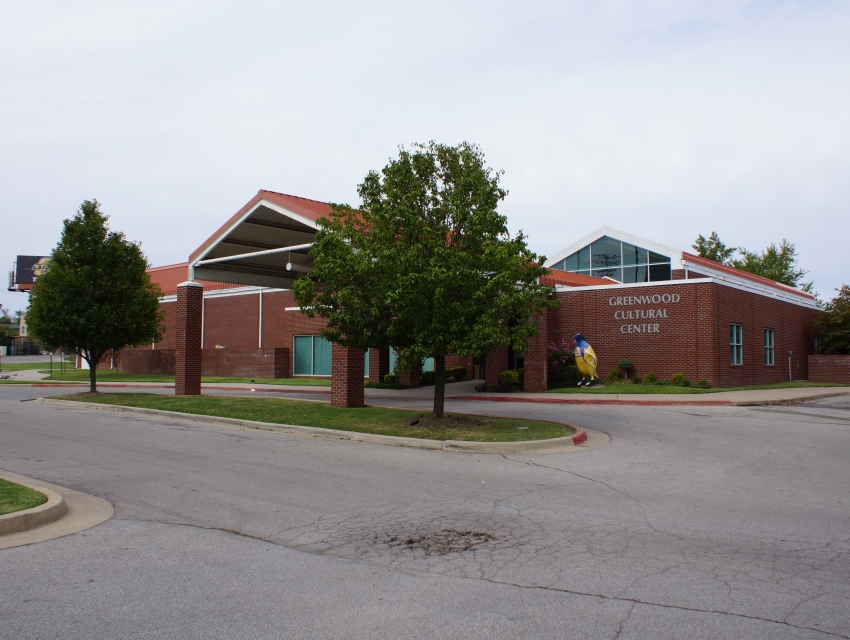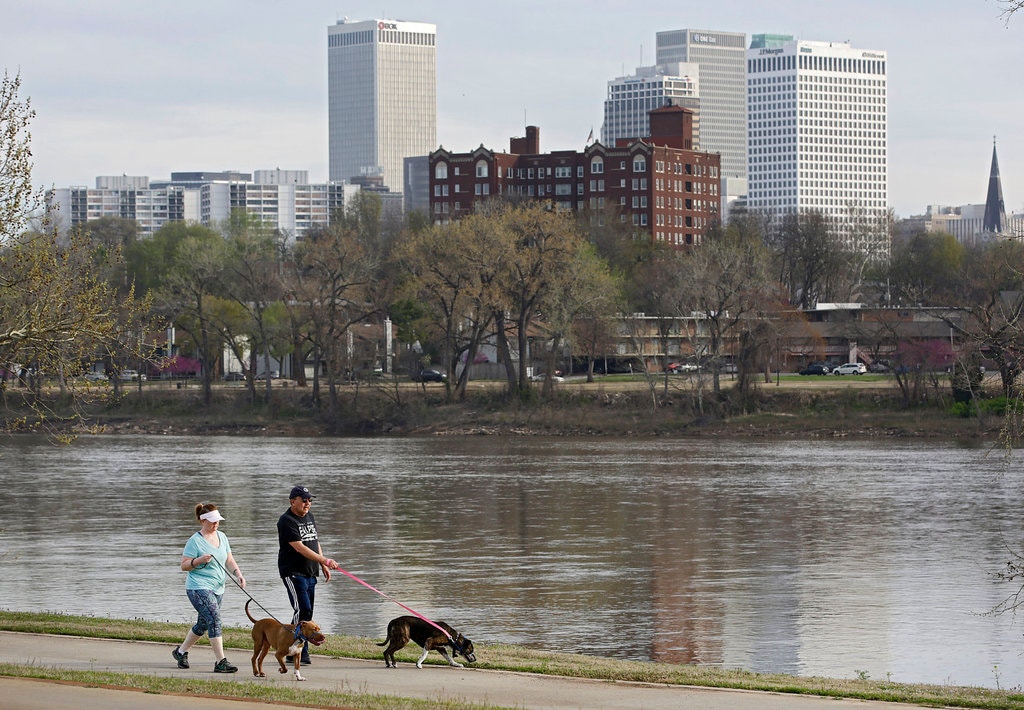
The Oklahoma Eagle Editorial
Last week a resolution was sprung impromptu on the Greenwood Cultural Center (GCC) Board of Directors regarding its remaining 71-year lease with the City of Tulsa. The resolution was not on the Board’s agenda. The substance of the resolution was that GCC would be stripped practically of all autonomy over its campus after 30 years of successful stewardship. What is insulting is that just a few days before, after debate and negotiations, the onerous terms, the City of Tulsa sought to impose on GCC, were stricken from the proposed amended lease agreement, thanks in part to the efforts of former Tulsa County District Judge Jessie Harris, only to furtively reappear in a resolution at last week’s scheduled board meeting. It was a sneaky move on the part of the City of Tulsa. It was done at the last minute. Some Board members did not know anything about it beforehand.
The meeting scheduled last week was supposed to be a vote on the negotiated amended lease agreement. Instead, the City of Tulsa representatives, with “pro bono” help from Tulsa Community Foundation” lawyers, finagled by inserting in a resolution the very terms rejected by Judge Harris and his team. Sneaky. It was sneaky because it was not on the printed Board agenda. It was done at the last minute. As stated, some board members knew nothing about it beforehand. In good faith at the scheduled board meeting, GCC was prepared to accept the proposed, negotiated amended lease agreement.
Nevertheless, the resolution was debated at the board meeting under the threat of a “financial massacre,” a phrase coined by Judge Harris. After a hundred years, fear is again being deployed by the City of Tulsa in order to force into submission acceptance of the odious terms of the resolution. Fear tactics didn’t work in 1921, and threat of a “financial massacre” won’t work now.
Despite dire warnings about the city pulling voter approved funds ($5.3 million), the resolution was not approved by the GCC board. It acted responsibly. While noble on the surface, the resolution lacked clarity, left the board with less autonomy, and would allow the building of a proposed History Center on a small space absolutely inadequate to tell the true story of Greenwood, what happened then and since then. The 1921 Race Massacre Commission is in search of a place to build the history center. We suggest that the “history museum,” not a history center, be built on the OSU parking lot contiguous to the west of the Greenwood Cultural Center. There is too much history to be told about Greenwood, forged in triumph, fire, and rebirth. It deserves a better location than presently contemplated. Changing the location could spell a much better arrangement.
Ironically, nearly a hundred years ago, the City of Tulsa tried to prevent Greenwood residents from rebuilding after their coveted land was bombed, set ablaze and soaked with the blood of its residents. This land must not be looked at as just another real estate deal. Like Native Americans and the Jewish state, there is no separation of the people and the land.
The board is scheduled to meet by phone April 2, 2020 to hammer out the next steps toward a final decision.
We urge GCC to continue the fight to keep their autonomy.










